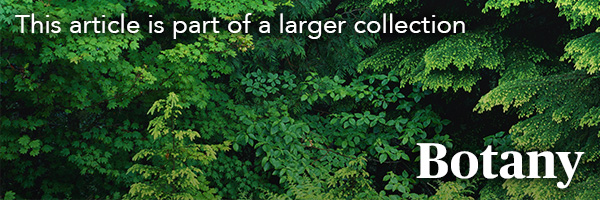Plankton [Gk planktos, "drifting"], plants and animals , phytoplankton and zooplankton, respectively, that float freely or drift with currents in oceans , freshwater ponds and lakes.
At present, phytoplankton is considered to include members of 3 kingdoms (Monera, Protista, plant); zooplankton contains members of 2 kingdoms (Protista, animal).
Unattached and having weak powers of independent movement, plankton contrast with organisms that are benthic (attached to or living in bottom sediments) or nektonic (active swimming). They are usually microscopic, although some zooplankton (eg, Jellyfish) may be several metres long.
Planktonic food chains are the basis of the aquatic ecosystem. At the lowest level are phytoplankton, primary producers able to use solar energy, carbon dioxide and water to photosynthesize organic matter. Smaller
zooplankton, feeding on phytoplankton, represent the second, "grazing" trophic level (herbivores).

 Share on Facebook
Share on Facebook Share on X
Share on X Share by Email
Share by Email Share on Google Classroom
Share on Google Classroom

